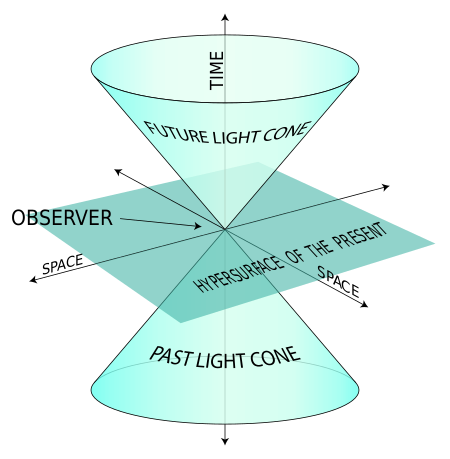Xander
Lex Parsimoniae
- Joined
- Apr 24, 2007
- Messages
- 4,463
- MBTI Type
- INTP
- Enneagram
- 9w8
Okay so I'm going to open a large can of worms. I learn best through speaking to those that know and challenging their positions, presuming this is okay with people, please forgive occasional argumentative points.
I've been reading up on the whole time slows down the faster you go stuff and I still don't get it.
Time is relative to the person, right? Light speed, if reached, stops time. So time is light? Does this mean that I can close my eyes and cease to age? (joke)
The whole light clock thing seems a cheat. If I run up a train going at 70mph at a speed of 15mph then few things would affect me in the carriage as of I were travelling at 85mph surely?
Would not travelling at light speed just affect your awareness of time? If time is corresponding to light somehow then time slowing would be a bit like plaid speed in Spaceballs no?
I realise I'm missing something here and my intuition tells me that time does jot equal time bit I'm interested.
To me it's a bit like a meter of wood. The meter does not exist, the wood does. So it is with time. Hence you can't travel through it or affect it, merely create illusions the same as you can with the wood.
Anyways up J still love the chapter title "Time slows down when you're chasing squirrels"
I've been reading up on the whole time slows down the faster you go stuff and I still don't get it.
Time is relative to the person, right? Light speed, if reached, stops time. So time is light? Does this mean that I can close my eyes and cease to age? (joke)
The whole light clock thing seems a cheat. If I run up a train going at 70mph at a speed of 15mph then few things would affect me in the carriage as of I were travelling at 85mph surely?
Would not travelling at light speed just affect your awareness of time? If time is corresponding to light somehow then time slowing would be a bit like plaid speed in Spaceballs no?
I realise I'm missing something here and my intuition tells me that time does jot equal time bit I'm interested.
To me it's a bit like a meter of wood. The meter does not exist, the wood does. So it is with time. Hence you can't travel through it or affect it, merely create illusions the same as you can with the wood.
Anyways up J still love the chapter title "Time slows down when you're chasing squirrels"

